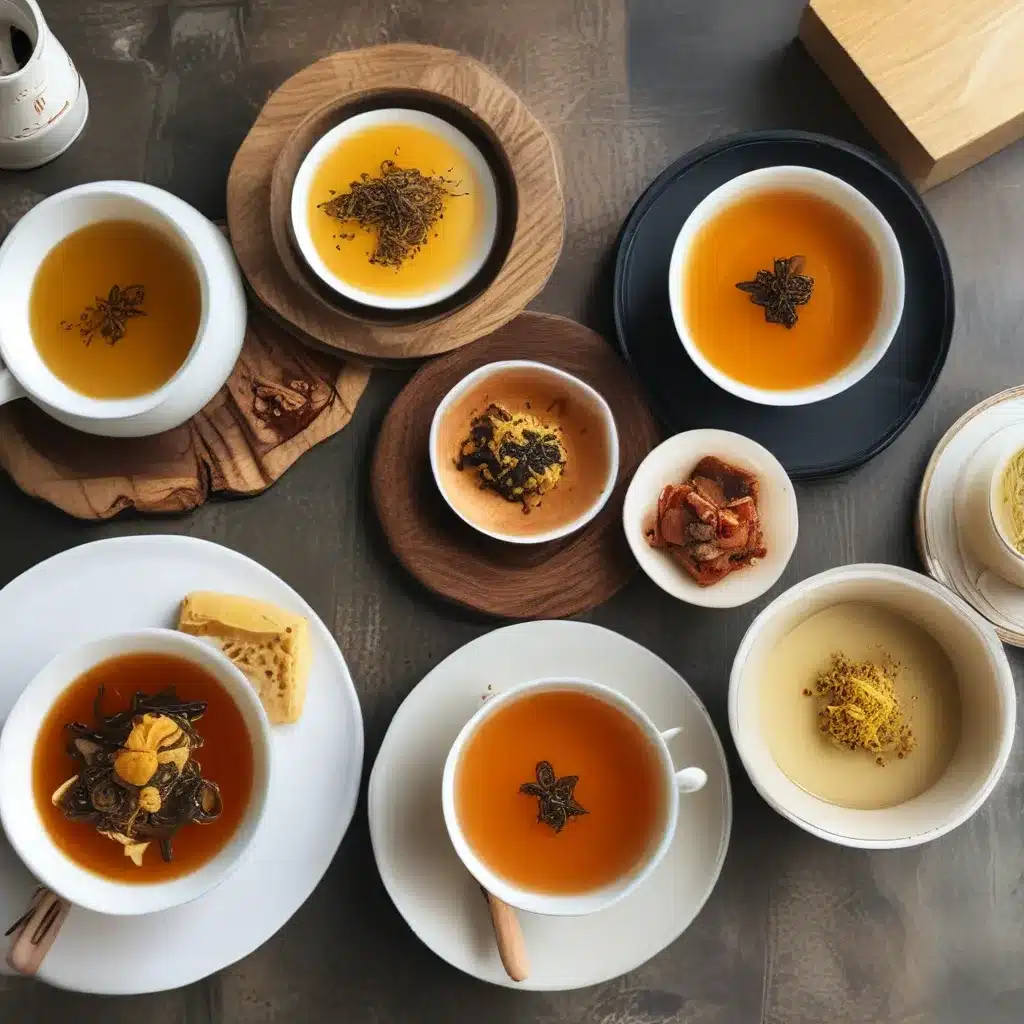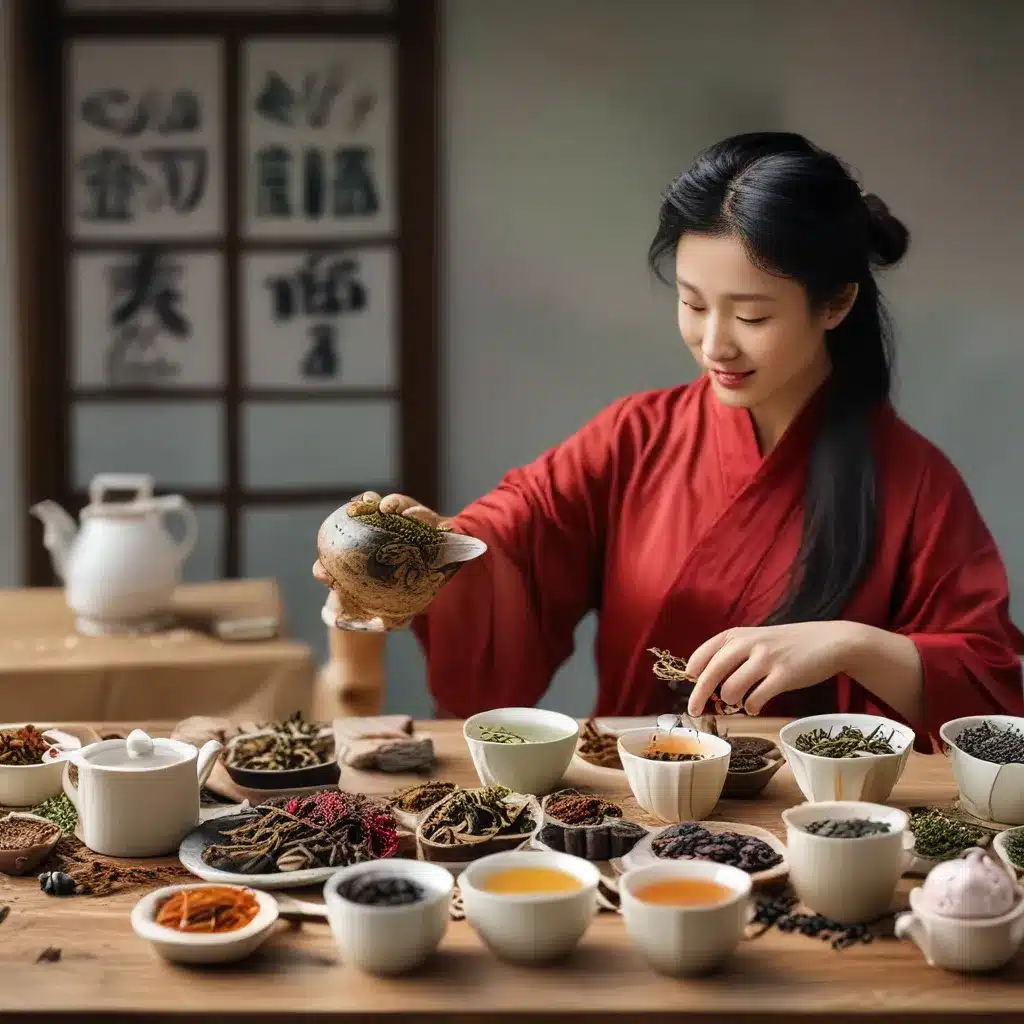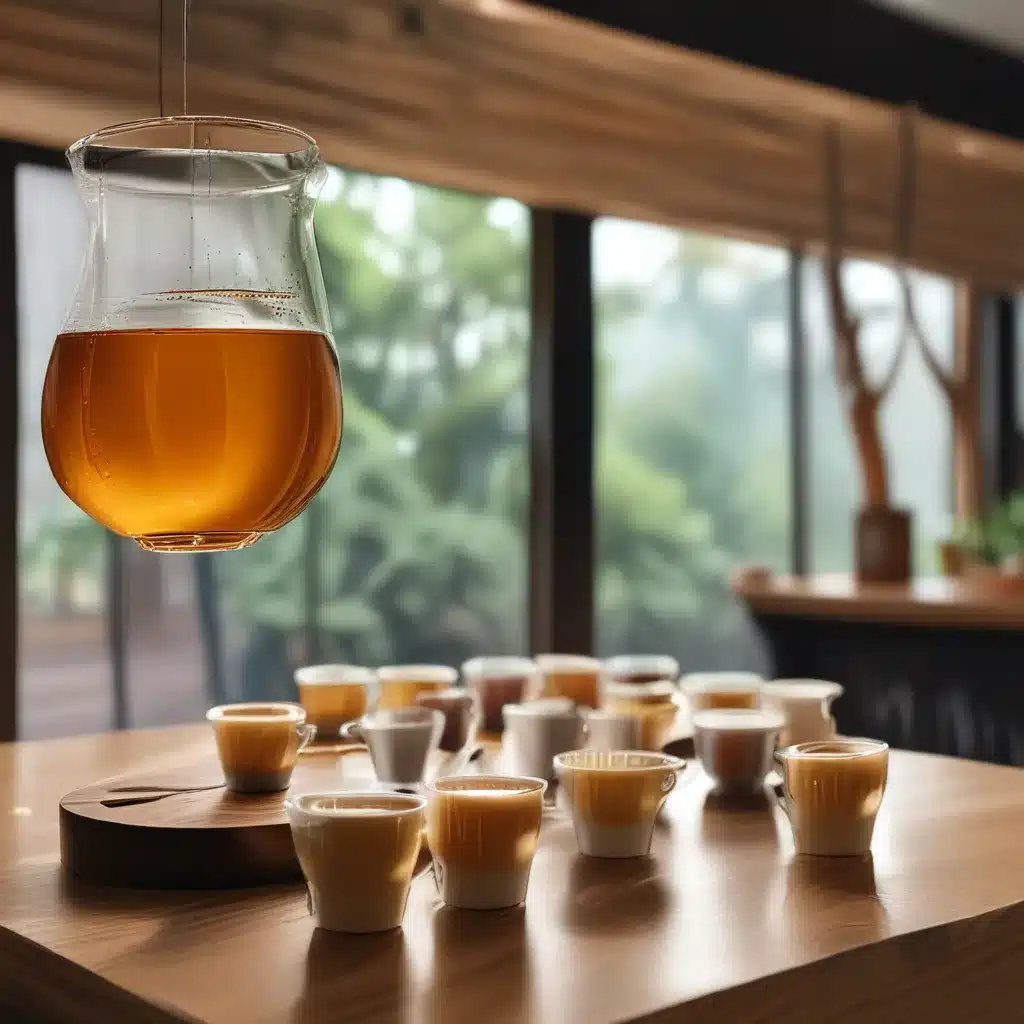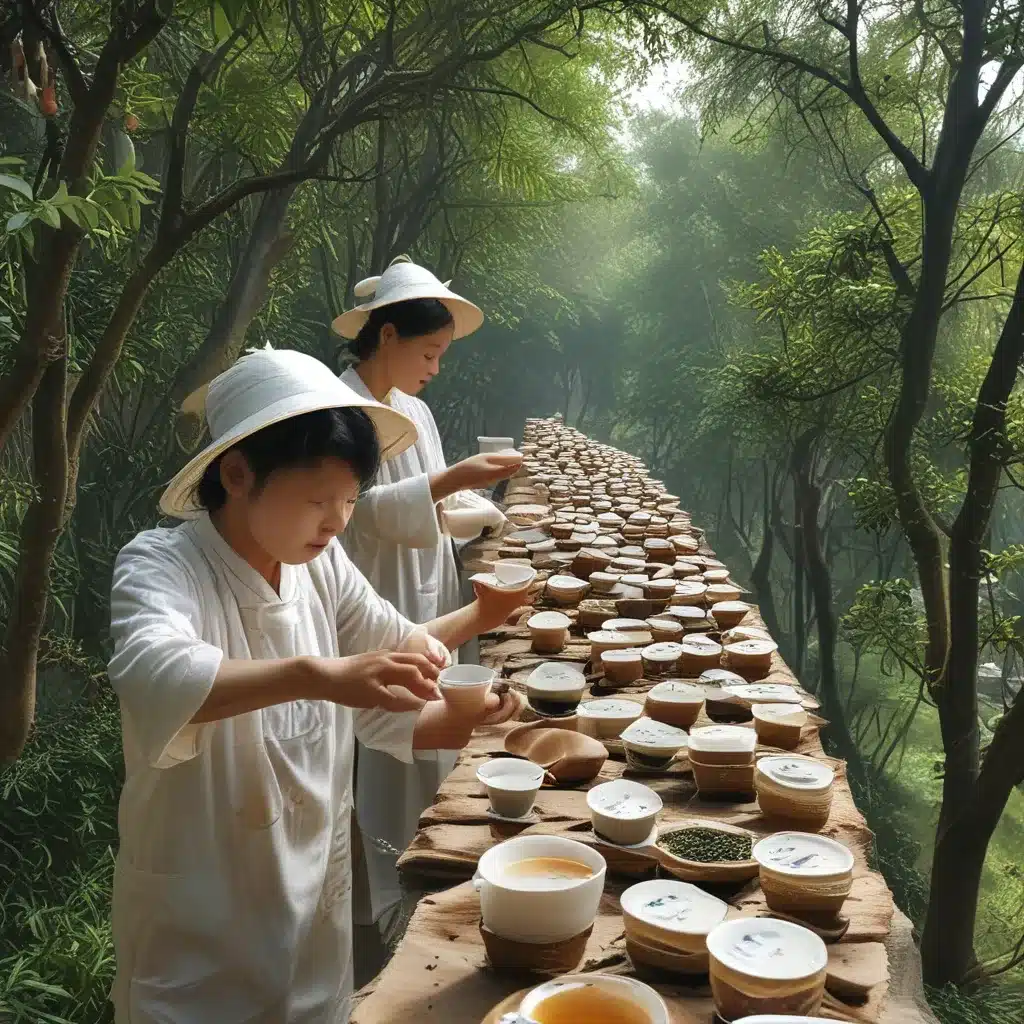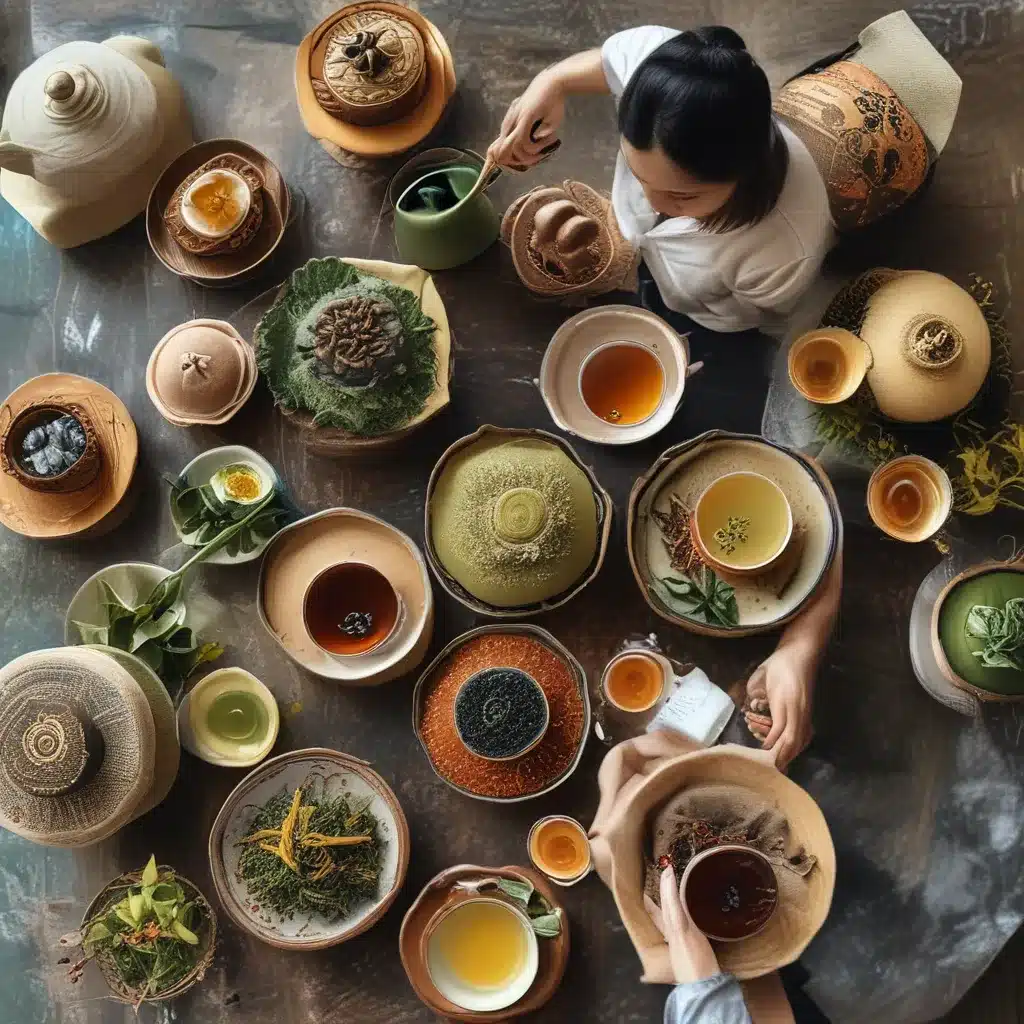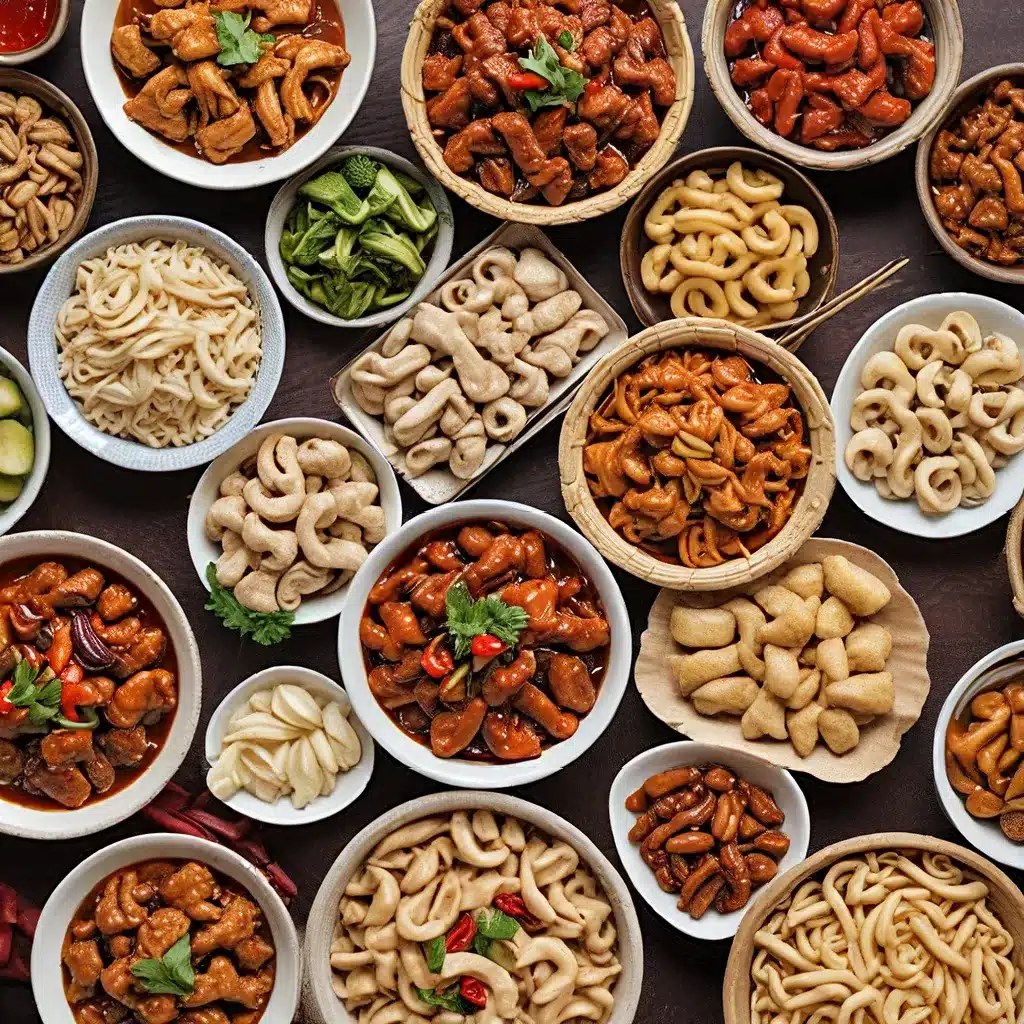
Confessions of a Shanghai Foodie
I’ll admit it – I used to be one of those people who believed the hype. You know, the myths and misconceptions about Chinese food being inherently unhealthy. As a kid growing up in a Chinese-Canadian household, I remember feeling ashamed to bring my traditional home-cooked meals to school, worried that my classmates would judge me or think I was eating something “gross.”
Little did I know, the real health culprit wasn’t the food on my plate, but the prejudiced attitudes of those around me. Over the years, I’ve come to learn that the so-called “unhealthy” reputation of Chinese cuisine is largely unfounded, rooted in a combination of cultural biases, misinformation, and a fundamental lack of understanding about the diverse flavors and preparation methods of this ancient culinary tradition.
Unpacking the MSG Myth
One of the most pervasive myths about Chinese food is the notion that it’s loaded with monosodium glutamate (MSG), a food additive that’s been unfairly demonized as a dangerous, harmful substance. The truth is, MSG is a naturally occurring compound found in many common foods, including tomatoes, cheese, and even human breast milk. While some people may experience minor sensitivity to high doses of MSG, the scientific consensus is that it’s generally safe for consumption in normal amounts.
In fact, the stigmatization of MSG is rooted in racist and xenophobic attitudes, with the so-called “Chinese Restaurant Syndrome” being a prime example. This outdated term was initially used to describe a collection of symptoms supposedly linked to eating Chinese food, despite a lack of conclusive evidence. Thankfully, the Merriam-Webster dictionary has since updated its definition, acknowledging the problematic nature of this terminology.
At the end of the day, MSG is just one of many seasonings and flavor enhancers used in Chinese cooking, no more inherently “unhealthy” than the salt, pepper, or garlic you’d find in any other cuisine. The key is to enjoy it in moderation, just like any other ingredient.
The Truth About Sodium and Spices
Another common misconception about Chinese food is that it’s loaded with excessive sodium, leading to a host of health problems. While it’s true that some dishes, particularly those found in fast-food or takeout establishments, can be high in sodium, the same can be said for many Western-style fast foods as well.
The reality is that the use of salt, soy sauce, and other seasonings in Chinese cooking is often more about enhancing flavor and umami than simply adding sodium for the sake of it. And let’s not forget the abundance of fresh vegetables, lean proteins, and complex carbohydrates that are staples of many traditional Chinese dishes.
Similarly, the notion that Chinese food is inherently “too spicy” or “too heavily seasoned” is another unfounded myth. While some dishes do feature bold, pungent flavors, there’s a stunning diversity of regional cuisines within China, each with its own unique flavor profiles and preparation methods. From the delicate, fragrant dishes of Cantonese cuisine to the fiery, chili-infused specialties of Sichuan, there’s something for every palate.
Busting the Fresh vs. Frozen Myth
One of the more recent food myths to emerge is the idea that frozen vegetables are inherently less nutritious than their fresh counterparts. However, recent studies have shown that in many cases, frozen vegetables can actually be more nutrient-dense than fresh ones. This is because the freezing process helps to “lock in” vitamins and minerals at the peak of freshness, whereas fresh produce can lose some of its nutritional value during transport and storage.
This myth is particularly relevant to Chinese cuisine, which often features a wide variety of fresh, seasonal vegetables. While it’s true that a home-cooked meal made with just-picked produce can be incredibly nutritious, the reality is that many of us don’t have the luxury of daily trips to the farmer’s market. Frozen vegetables can be a convenient, cost-effective, and equally healthy alternative, allowing us to enjoy the authentic flavors of Chinese cooking without sacrificing nutrition.
Challenging the Socioeconomic Divide
Perhaps one of the most insidious and deeply rooted myths about healthy eating is the idea that certain foods are inherently “better” or “cleaner” than others, based solely on their cost or perceived social status. This misguided belief has led to the erasure and stigmatization of traditional cuisines from non-Western cultures, including Chinese food, which are often dismissed as “unhealthy” or “dirty” simply because they don’t fit the narrow definition of “healthy” that’s been shaped by Eurocentric ideals.
The truth is, nutritious and delicious food can be found in a wide range of price points and cultural traditions. Just because something costs more doesn’t necessarily mean it’s better for you, and the notion that financially vulnerable people are more likely to consume processed or frozen foods due to cost is a harmful stereotype that overlooks the complex realities of food insecurity and accessibility.
At the end of the day, the key to a healthy diet isn’t about following a rigid set of rules or adhering to a specific culinary tradition. It’s about finding a balanced, sustainable approach that nourishes both your body and your cultural identity. And that’s where the authentic flavors and time-honored preparation methods of Chinese cuisine can truly shine.
Embracing the Diversity of Chinese Cuisine
As I’ve come to better understand and appreciate the rich tapestry of Chinese culinary traditions, I’ve realized just how diverse and nuanced this ancient cuisine can be. From the delicate, fragrant dishes of Cantonese cooking to the fiery, chili-infused specialties of Sichuan, there’s a world of flavors waiting to be explored.
What’s more, the principles of traditional Chinese medicine, which have guided the development of this cuisine for centuries, place a strong emphasis on balance, moderation, and the use of natural, whole food ingredients. In many ways, these time-honored practices align perfectly with the holistic, wellness-focused approach to eating that’s become so popular in recent years.
So, the next time you’re tempted to believe the myths and misconceptions about Chinese food, I encourage you to keep an open mind and explore the authentic, nourishing flavors that this incredible culinary tradition has to offer. Who knows, you might just discover a new favorite dish – one that’s not only delicious, but also incredibly good for you.
And if you’re looking for the perfect place to start your journey, why not visit One Dragon Restaurant, where we’re dedicated to showcasing the best of Shanghai cuisine? Our menu is a celebration of the diverse flavors and preparation methods that have been passed down through generations, all made with the freshest, highest-quality ingredients. Come join us, and let’s bust those myths together!

